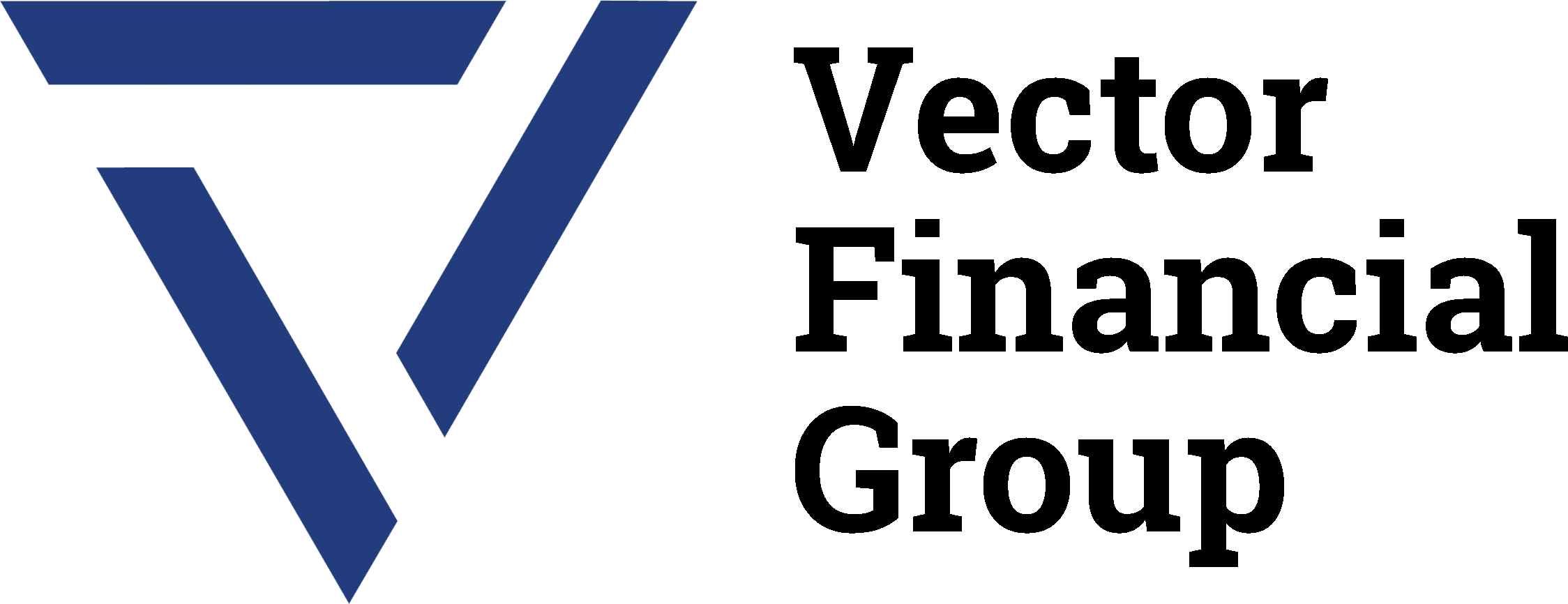Many people are familiar with the basic concept of life insurance policies, but the nuances of a corporate-owned life insurance tax can get complex. With this type of insurance, you pay a premium, usually on a monthly basis, and in the event of your death, your designated beneficiaries will receive a payout. You can purchase this type of insurance on your own, and some businesses offer it to their employees at a discounted rate as part of their benefits package.
However, there is another type of life insurance that businesses can obtain for their own benefit. Known as corporate-owned life insurance (COLI), it can be used as part of a strategy to enhance tax and estate planning.
What Is Corporate-Owned Life Insurance?
 Corporate-owned life insurance is a policy that a corporation or company obtains for an employee. The company will pay the policy’s premiums and will also usually be named the beneficiary of the policy, in which case the premiums are not considered a taxable benefit. When the person covered by the insurance policy passes away, the corporation will be allowed to collect the proceeds.
Corporate-owned life insurance is a policy that a corporation or company obtains for an employee. The company will pay the policy’s premiums and will also usually be named the beneficiary of the policy, in which case the premiums are not considered a taxable benefit. When the person covered by the insurance policy passes away, the corporation will be allowed to collect the proceeds.
There are several ways in which companies use corporate-owned life insurance to their advantage. Here is a look at the benefits of corporate-owned life insurance tax specifics and estate planning.
Tax-Free Death Benefit
If the insured person passes away, the proceeds of the corporate-owned life insurance policy that the company receives can then be paid to another beneficiary with few, if any, taxes via capital dividends. The amount of the payment that will not be subjected to taxes is equal to the amount of the death benefit minus the adjusted cost basis of the policy when the individual passed away. In many cases, policies held to life expectancy will see a significant proportion of the death benefit eligible for tax-free dividends.
Protection From Creditors
Policies that a corporation owns on individual shareholders typically enable them to be protected from the shareholder’s creditors. It is often possible to set up a structure wherein the death benefit proceeds that are received on the policy can be protected from the business’s creditors as well.
Estate Equalization
 A corporate-owned life insurance policy can be used as an estate equalization strategy. For example, COLI can help to transfer assets to a shareholder’s beneficiaries in a fair manner. In situations where the owner of a business has some beneficiaries who participate in running the business and others who do not, the family members who have an interest in the company can inherit it, while the corporate-owned life insurance tax-free proceeds can be used to provide the other beneficiaries with an equivalent cash value.
A corporate-owned life insurance policy can be used as an estate equalization strategy. For example, COLI can help to transfer assets to a shareholder’s beneficiaries in a fair manner. In situations where the owner of a business has some beneficiaries who participate in running the business and others who do not, the family members who have an interest in the company can inherit it, while the corporate-owned life insurance tax-free proceeds can be used to provide the other beneficiaries with an equivalent cash value.
Buy-Sell Agreements To Buy Out A Deceased Partner’s Business Shares
Another way that corporate-owned life insurance can be used is in conjunction with a buy-sell agreement. This is a contract that specifies how the owners or shareholders of a company can purchase the shares that belonged to another partner or a business owner in the event of their death.
The death benefit of a corporate-owned life insurance policy can be used to buy out any remaining shares belonging to a deceased partner from their heirs. This means that the partners will not need to dip into their personal funds or business assets in order to buy out the shares belonging to their deceased partner. Although this is sometimes accomplished by having business partners own individual policies on the other partners, it is recommended to have a whole life insurance policy owned by the business itself to fund the buyout of the shares belonging to the deceased partner.
As A Form Of Collateral For Securing Funding
 Although many of the benefits of a corporate-owned life insurance policy concentrate on the death payout, there are also some living benefits that are worth exploring. Because a whole life policy will accumulate cash value, you may be able to obtain a policy loan from that cash value should your business need quick cash at some point in the future.
Although many of the benefits of a corporate-owned life insurance policy concentrate on the death payout, there are also some living benefits that are worth exploring. Because a whole life policy will accumulate cash value, you may be able to obtain a policy loan from that cash value should your business need quick cash at some point in the future.
The policy could also serve as a form of collateral for a bank when securing funding via a loan. Although there are restrictions on how much cash value a policy must accumulate before a business can start borrowing against it, this can be a useful strategy in many cases. However, keep in mind that if the business is unable to make the loan payments and the policy’s cash value is used as collateral, the loan amount and interest will reduce the policy’s death benefit.
Learn More About Corporate-Owned Life Insurance Taxes With Vector Benefits
At Vector Benefits, our experienced insurance professionals can help you explore the right insurance products to meet your company’s financial goals. Contact us today to set up an appointment to discuss how corporate-owned life insurance can help your business plan for the future.


